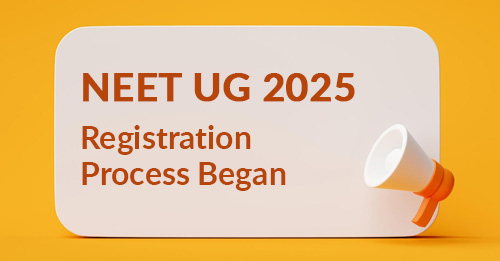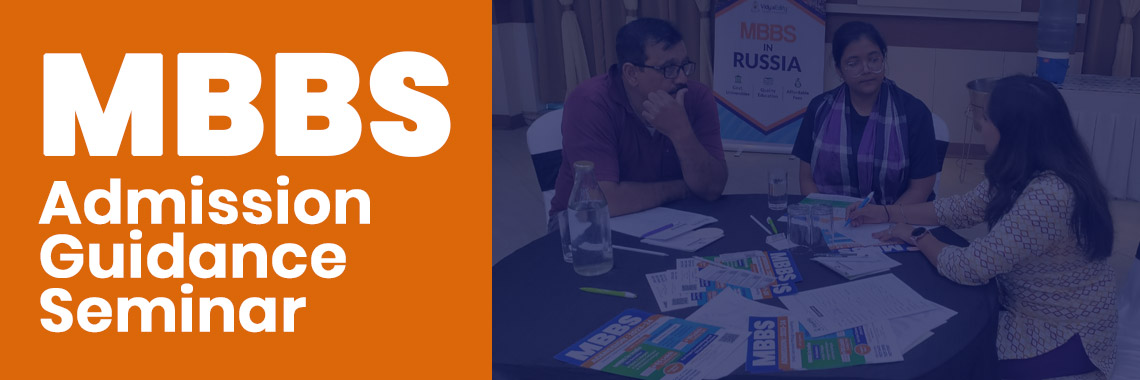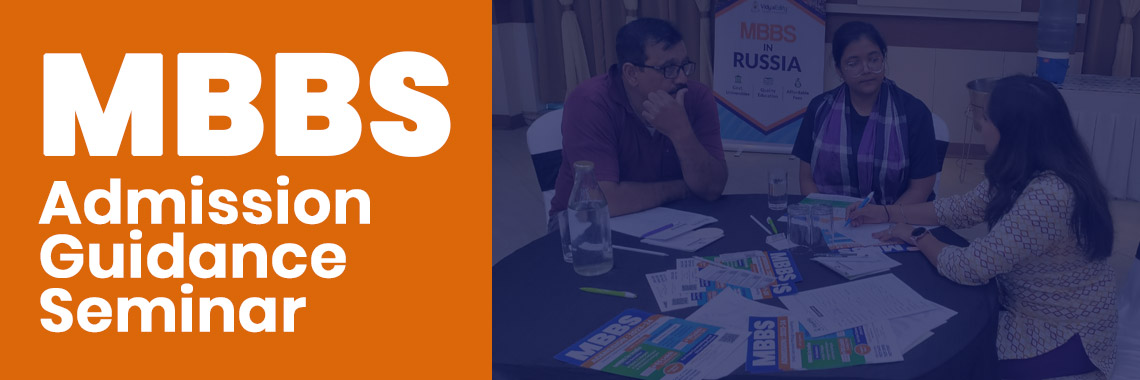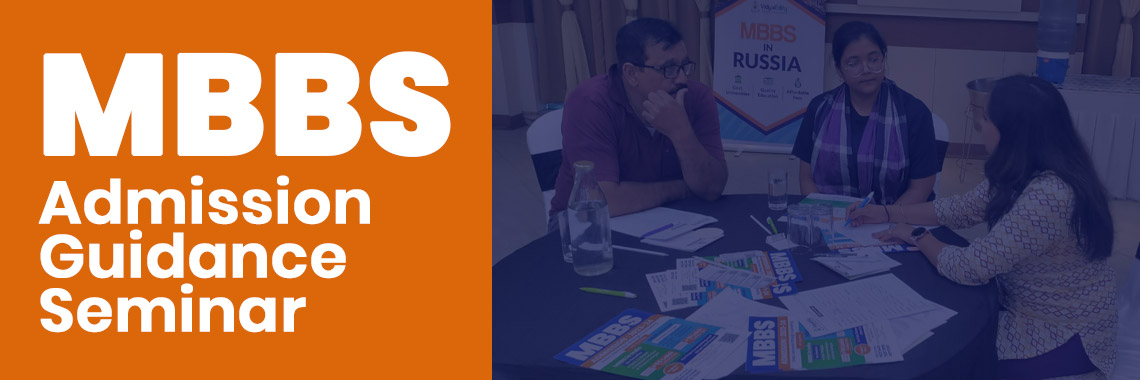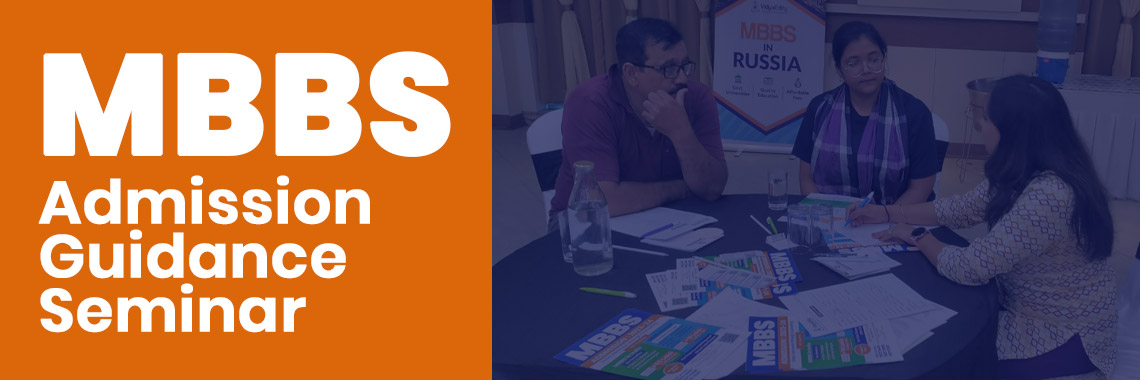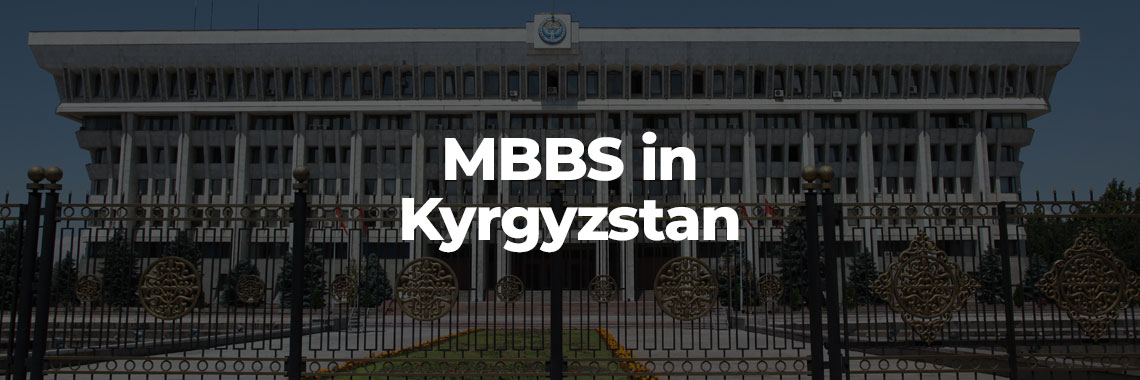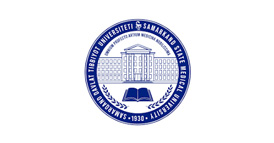Everything you need to know to study abroad in Singapore:
Singapore is one of the newest global business hubs, with well-developed infrastructure, open business policy and opportunities for professionals and entrepreneurs alike.
It is close to India, and portrays itself as a 'Global Schoolhouse' offering quality education with affordable fees and cost of living.
Education in Singapore is a good and economical alternative for students wanting to study abroad and gain global exposure.
| Courses | Fees |
| 1 to 2 year Diploma | S$ 9000 – S$15000 |
| 2 to 4 years Bachelor Degree | S$ 24000 – S$35000 |
| 1 to 1.5 years Master's Degree | S$ 18000 – S$30000 |
Contact Us today to know about the cost of studying your chosen course abroad.
Cost of Living in Singapore
The living cost in Singapore is lower than in many other developed nations like the UK. Students can opt for tuition grants and tuition fee loan schemes. You can also apply for government scholarships like SIA-NOL based on academic merit, co-curricular activities, letters of intent, etc. The average living expenses for international students account to 8 lakhs INR per annum.
| Annual Cost | SGD 14200 (INR 8 Lakh) |
| Weekly Average | SGD 300 (INR 16700) |
If you're studying in a government or government-approved institution, as an international student, you are eligible to work for 16 hours per week during the semester and work full-time during term breaks. The required condition is that you hold a valid student pass from Immigration and Checkpoints Authority.
But, the work must be closely related to your field of study. Also, your university must support an Industrial-attachment program. Check if your university has industrial tie-ups to get a job.
| Hours you can work Part time | 16 hours per week |
| Hourly Rate | SGD 12 |
| Weekly Earning | SGD 192 (INR 10600) |
Scholarship
Government of Singapore offers full scholarships to study Masters and Ph.D. Specific universities also offer scholarships along with many more offered by external groups.
Some of the popular scholarships are: GIIS Singapore Global Citizen Scholarship, SIA Youth Scholarship, ADB – Japan Scholarship for developing countries, Singapore International Pre-Graduate Award, Dr. Goh KengSwee Scholarship, and many more.
Work Permit after Study in Singapore
Students who wish to stay back and find work in Singapore need to apply for a one year Long-term Social visit pass if they study in an accredited University of Higher learning. It is a non-renewable visa, which means that students who fail to secure a job will not stay in Singapore.
Besides, for jobs in Singapore students can also apply for S-Pass or employment pass if they earn a minimum income and offer specialized services. S-pass is more suited for mid-level skilled staff, whereas Employment pass is for professionals with higher earnings and more experience.
Singapore has 4 national universities, 5 polytechnics (for tertiary education diplomas) and many private universities.
Education in Singapore is centralised, and consists of primary, secondary, tertiary education and Junior Colleges/ Pre- universities, and universities for higher studies.
Top Courses in Singapore
| Engineering | Biomedical | Law |
| Business Management (BBA, MBA) | Banking and Finance | Computer Science and IT |
| Medicine | AI & Machine Learning | Construction Management |
Intakes in Singapore
While private universities offer multiple intakes, Singapore government universities generally have only 2 intakes.
| Intake | Duration |
| Government Universities | August, February |
| Polytechnic | April, September |
| Private Universities | January, February, July, August, September and October |
Students can take admission to the top ranking universities of Singapore in national government universities or polytechnic colleges for overseas education.
If you want to study abroad in Singapore, follow these steps to get through:
- For undergraduate programs: Indian students can apply to undergraduate programs using the marksheet of 10+2 from any approved Indian board of education, i.e., State Board, CBSE, or ICSE. If you want admission to a government institute, you need a minimum of 70% marks. For polytechnics or other private institutions, students need a minimum of 60% marks. Some colleges may ask for IELTS/TOEFL scores.
- For Master's programs in Singapore: Once you have decided upon Singapore university and program, it's time to apply. Every university has its requirements to give admissions.
You will have to sit for one of the following exams to get your admission:
- GRE
GRE is the go-to option if you want to pursue MS or MA at the Universities of Singapore. Some universities may also accept GRE scores for management courses. - GMAT
MBA aspirants need to submit a GMAT score for admission in management programs. This exam tests the mathematical and analytical abilities of the students. - IELTS
IELTS tests the applicant's English proficiency levels. Generally, universities in Singapore accept an IELTS score of 6.5 for undergraduate and 7.5 for postgraduate programs. - TOEFL
Another test designed to test the candidate's grasp of the English language for international students. As a reference, universities in Singapore accept 80 for undergraduate and 90 for postgraduate programs.
For more details please speak to a VidyaEdify Counselor.
SOP
Post the result scores, it's time to write a Statement of Purpose that elaborates why you want to study a particular course in Singapore in the given university. This writing should allow you to stand out amongst the tough competition.
LOR
The next important document is a Letter of Recommendation, written by two of your most recent teachers or employers/managers who can recommend you positively.
Send out the actual application with requisite documents listed on the official University website if you get selected, congratulations! Then, it's time to get a Singapore student visa and fly abroad.
Let's have a look at reasons to study abroad in Singapore:
Education Hub
Singapore is the education and business hub of Asia. Many top universities of the world have their campuses set up in Singapore. This way, students who have missed a chance in other international universities can try to get admission to the Singapore campus of the top-ranking university.
Easy Student Visa Application
The visa application is simpler and faster than in other developed countries. Applicants need to register at Student's Pass Online Application and Registration System. Students need to show the admission confirmation and proof of funds to get a student pass.
Multiple intakes
Though the government universities in Singapore have two intakes in February and August. The private and local universities offer multiple intakes in January, February, September, and October.
Career Opportunities
Singapore is the center of thriving commercial ventures in Asia. Such an environment opens up many opportunities for Indian students to take a job in Singapore and enjoy a lavish lifestyle.
Key Facts
Geographic Location
Located at the end of the Malayan Peninsula between Malaysia and Indonesia.
Population
56.9 Lakhs
Currency
Singapore Dollar (SGD)
Calling Code
+65
Main Religion
Buddhism
Language
English
Major Cities
Singapore, Woodlands, Marine Parade
Popular Festivals
• National Day
• Vesak Day
• Thaipusan
With about 9% of the population comprising of Indian immigrants, Singapore will be like a home away from home. It offers the perks of a developed country with a good mix of Asian and western culture. The formal language for education and jobs is English, apart from other official languages. Hence, universities and colleges in Singapore expect international students to pass English proficiency tests.
India - Singapore Relations
India and Singapore are strong allies in South-East Asia. Both nations have strategic and diplomatic terms and share cultural ethos. Many citizens are either immigrants or are of Indian origin. The Indian language of Tamil is one of the official languages of Singapore. This highlights the ongoing relationship with Singapore.
For more help, please contact our seasoned counselors here.
